Footsteps in the Dark: An interview with Asad Ali Jafri
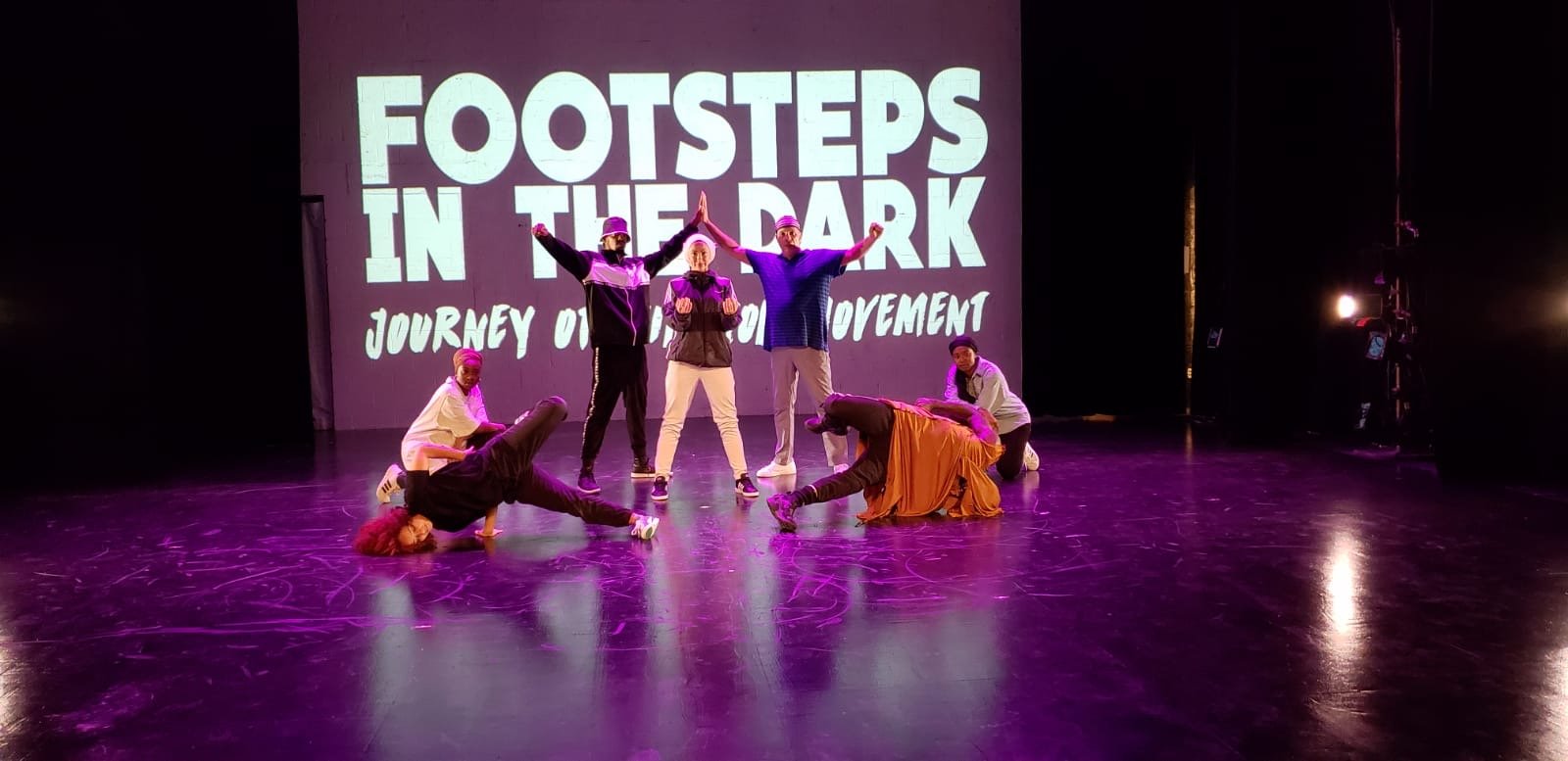
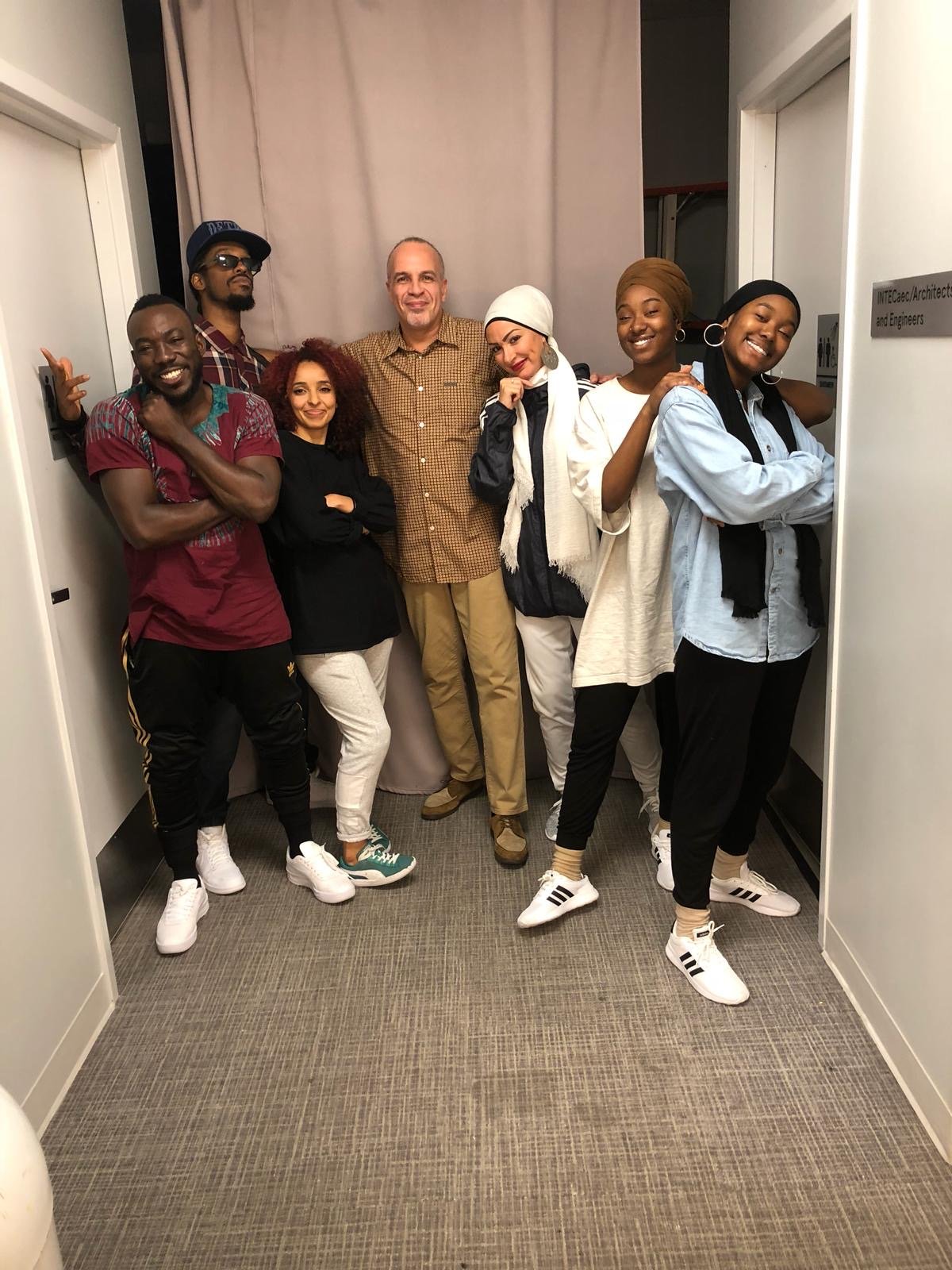
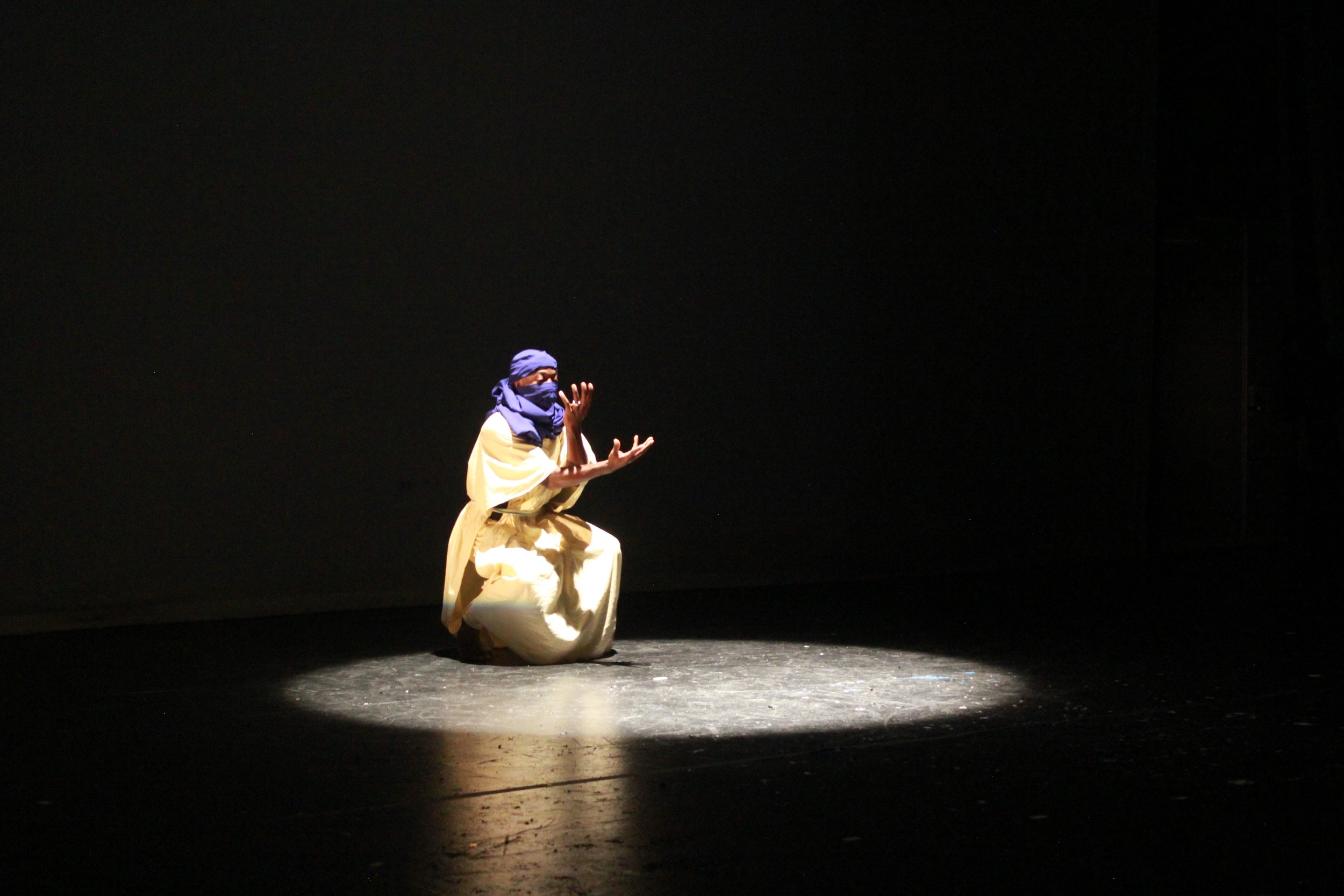
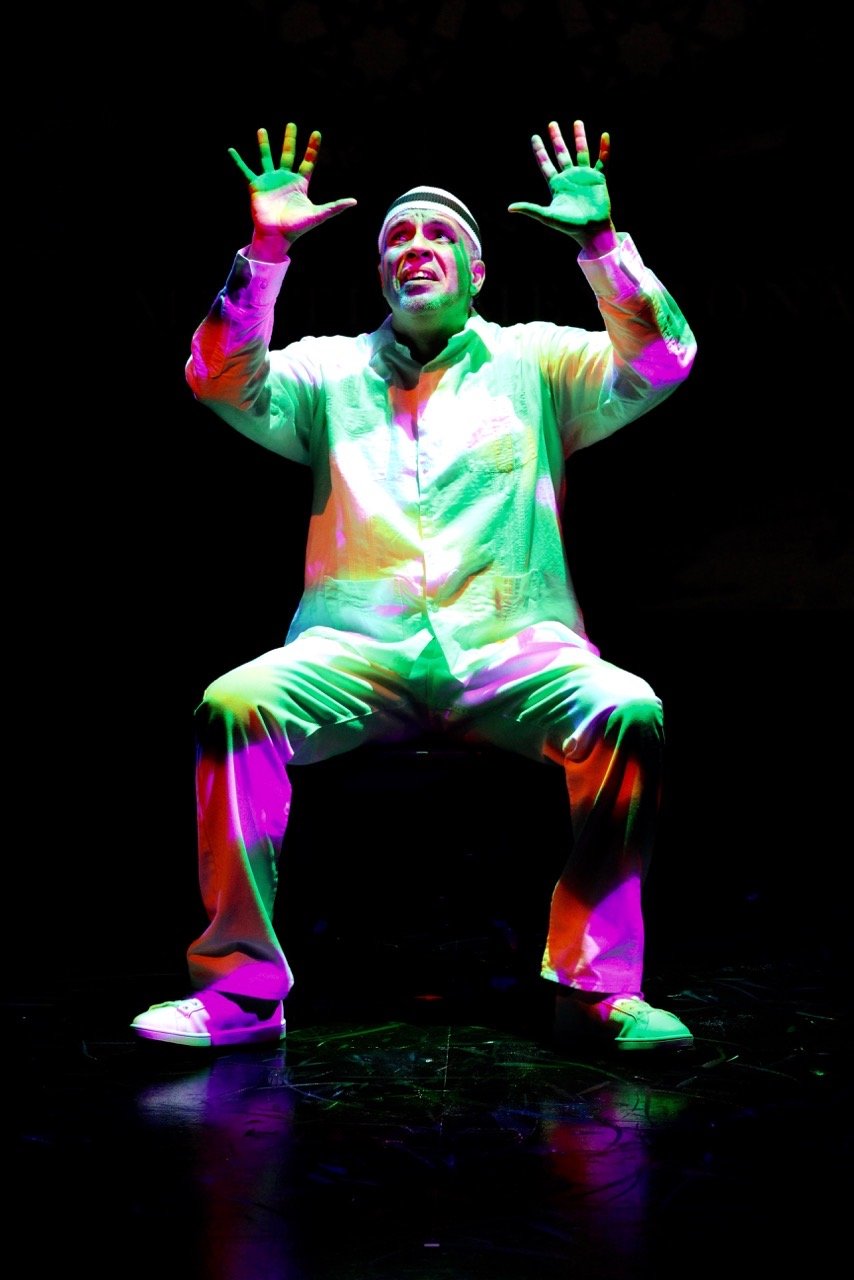
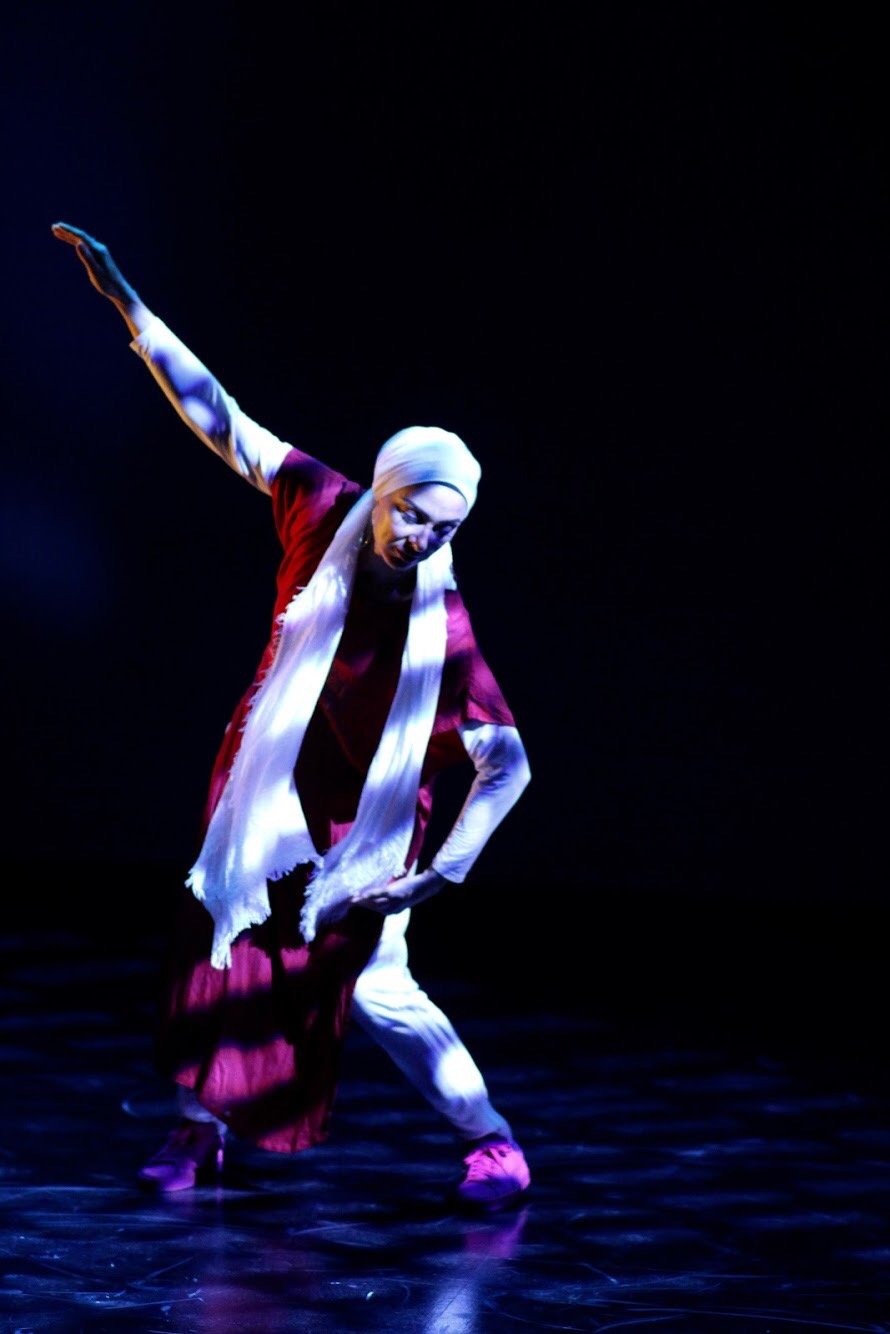
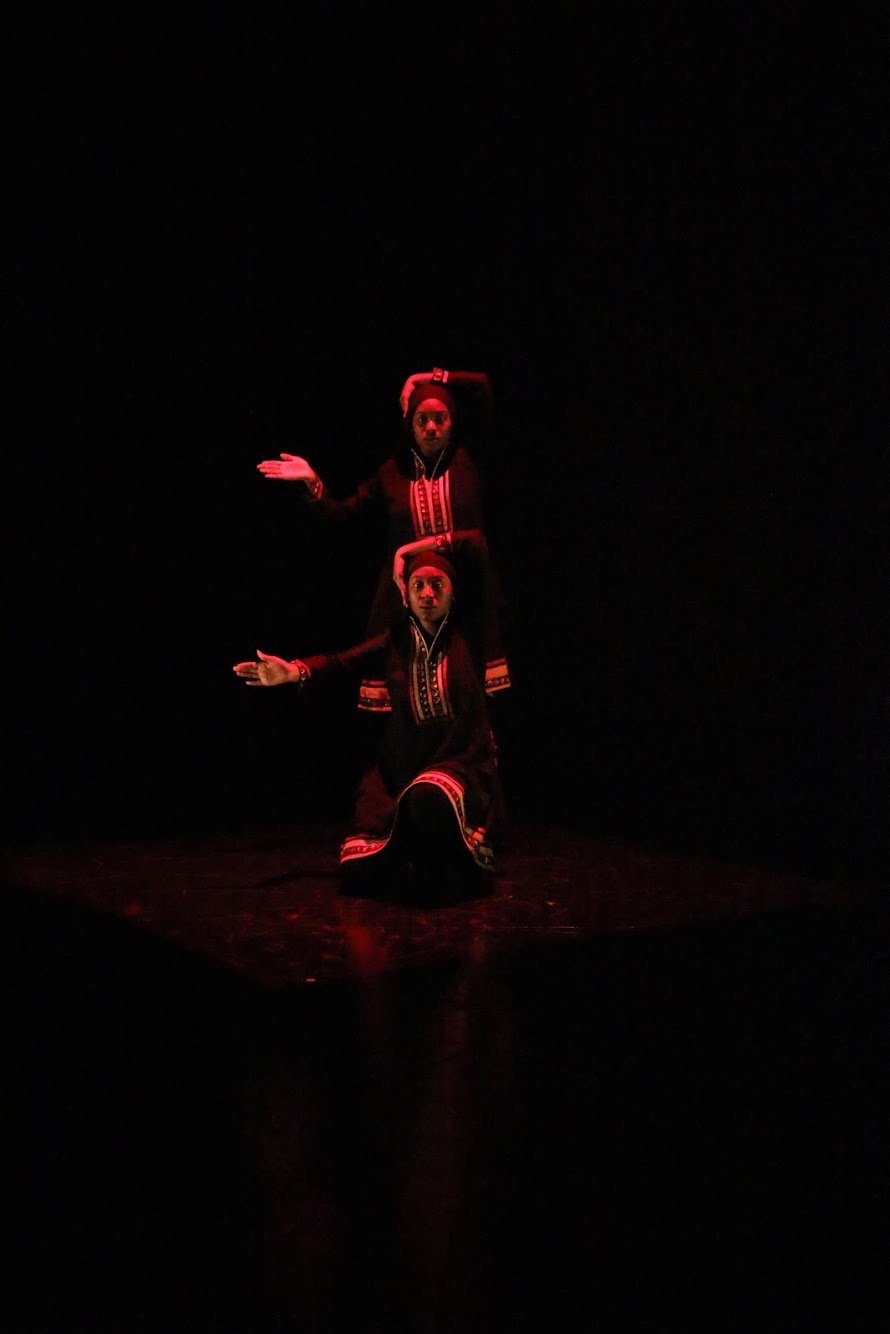
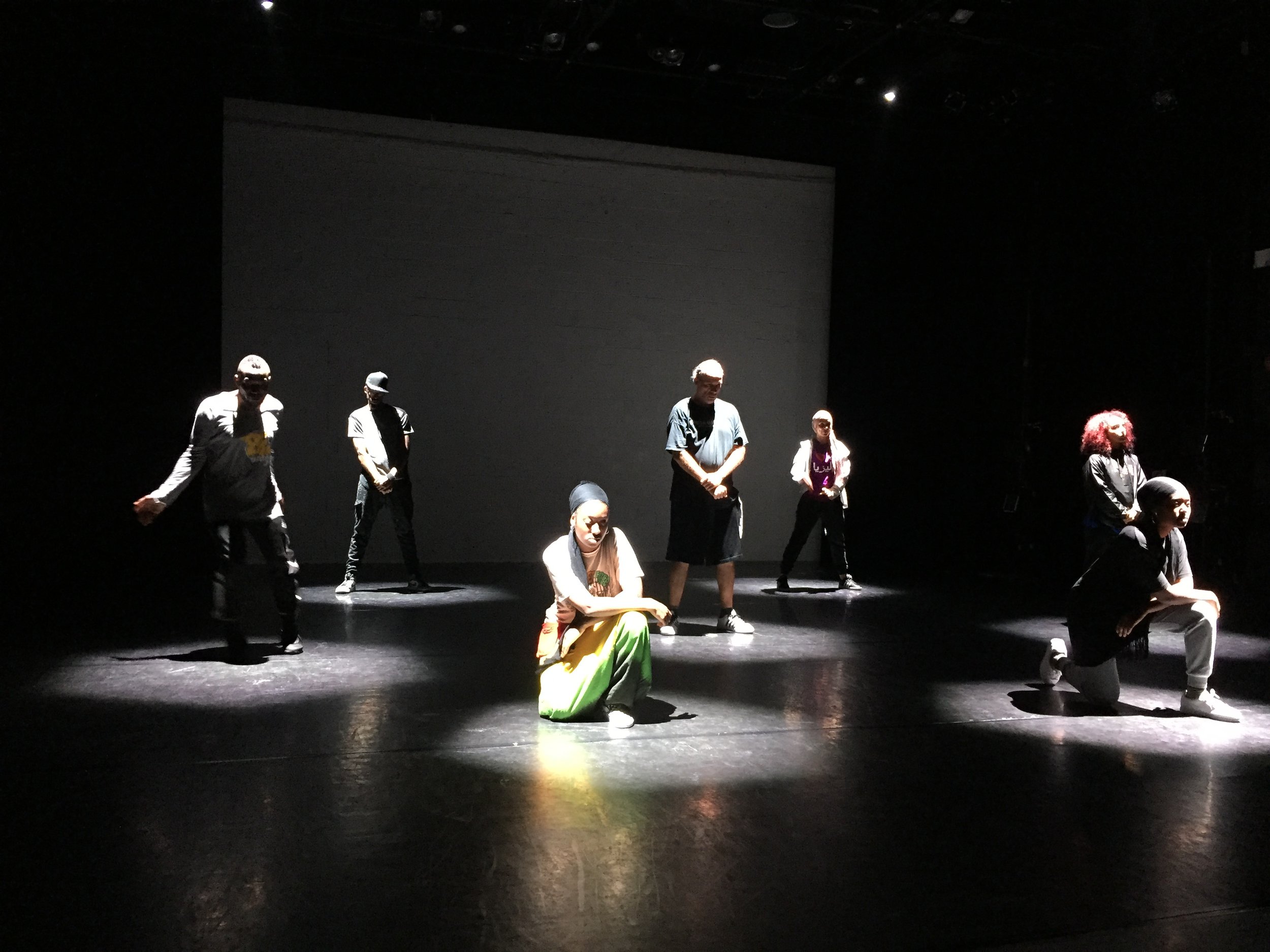
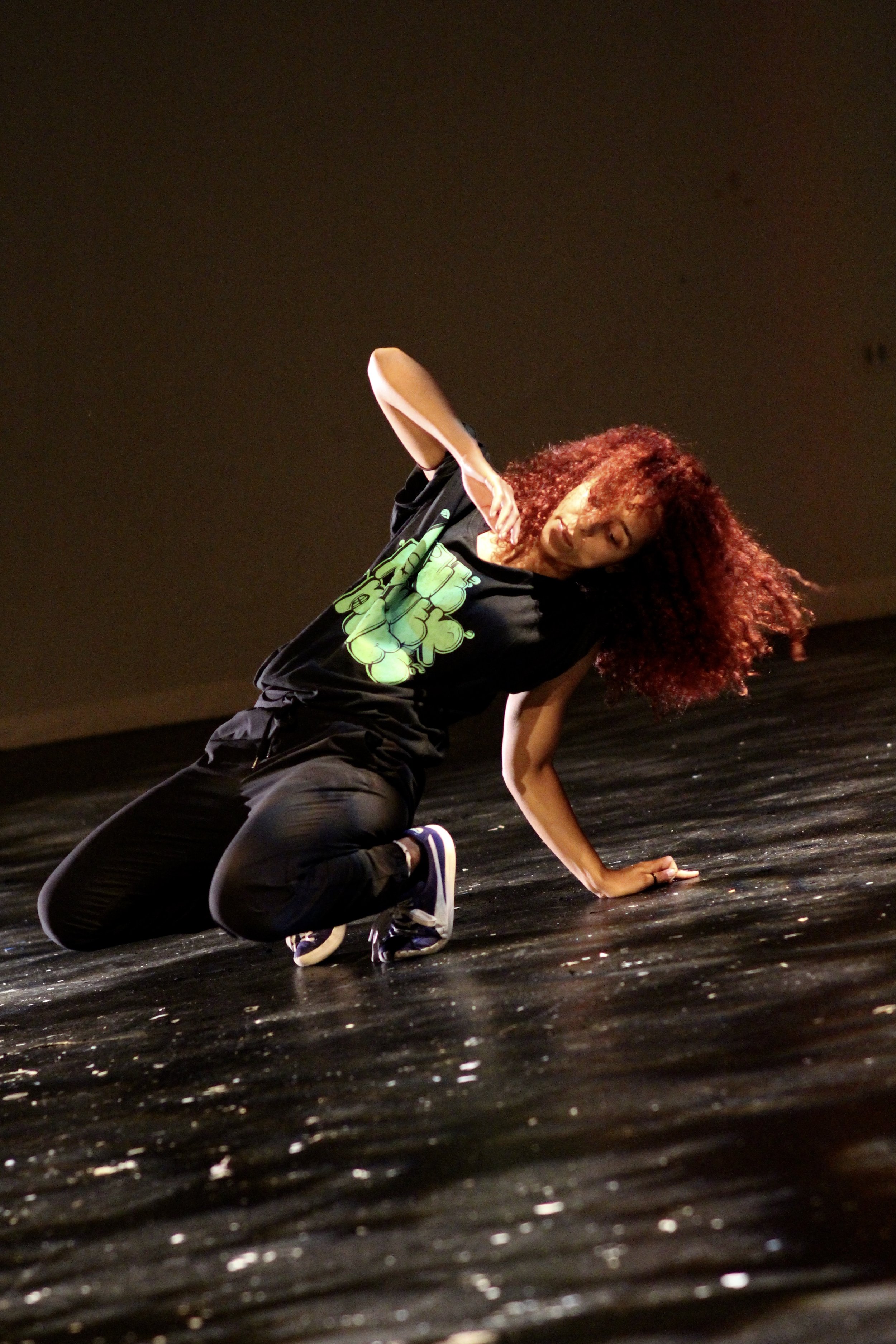
Asad Interview by Sadiyah
Since I can remember, I wanted to be a dancer, and since then my mother has said no to that idea. See, growing up a Black Muslim girl dance is very much a part of Black culture and not very big in Muslim culture, or, so I thought. Through my internship at Words Beats and Life, I have been blessed to be a part of marketing an amazing performative play called "Footsteps in the Dark: Journey of Hip-Hop Movement." I recently spoke with the Creative Director of Footsteps, Asad Ali Jafri. In an enlightening conversation, I asked him questions to better understand his involvement and the performance as a whole.
Sadiyah: Can you expand on the intersections of Muslims and hip-hop dancing specifically?
Jafri: Sure, dance as an art form has always been a part of many Muslim cultures. I'm interested specifically in some of the forms that are somewhat ritualistic and also stem from spiritual practices. When you look at certain dances, such as Kathak from South Asia, or you can look at specific types of trance dances that come out of Morocco with Gnawa music or you can even look at the Whirling Dervishes and how these all have an aspect that is a response to a spiritual experience. Now with Hip-Hop culture, whose dance forms are an amalgamation of various indigenous forms of dance and contemporary culture, these too become a spiritual response to music and its frequencies. Now in another sense, there is also the deep connection between hip-hop's inception and roots and Muslims, but that encompasses all of the elements.
Sadiyah: How did you all choose the dancers for this event?
Jafri: I knew that Amirah Sackett had to be a part of this. She's an amazing hip-hop dancer, and one that really understands the realms and depth of hip-hop dance forms. She's also intentionally very Muslim in her identity and in a lot of the work she produces, and I knew she would be the perfect Artistic Director. We also wanted some international dancers, which is why we have Abdul Abdanger who combines traditional East African dance with hip-hop and Sarah Bee who represents a community of North African and French b-girls and b-boys. We also have Haleem Rasul who is not only a hip-hop dancer in terms of breaking but also keeping alive Detroit Jit. We had to have Popmaster Fabel because to me, he is a living legend and mentor to so many of us in the culture. And then we have newer and younger artists, which are the Twins (Al Taw'am). They're 18 and they are innovating from their foundations in hip-hop in terms of making something new and fresh.. One other thing that we made sure of was because of the stereotypes that exist, we ensured there were more women on stage than men.
Sadiyah: Does this event follow any kind of religious doctrine in Islam?
Jafri: No, in fact, on purpose it doesn't because the idea of the whole series (From Sifrs to Ciphers: Hip-Hop is Muslim) is that there needs to be agency in our identities regardless of spiritual traditions or even the absence of them. That's something that should be decided by that individual and respected by others as long as it isn't harming anyone else. So the idea is that it's not about religion whatsoever in and of itself. It's actually about [being Muslim] as an identity and what that means to an individual.
Sadiyah: Will the production follow a storyline or will it be free of a specific format?
Jafri: There is a theme, since it's called 'Footsteps in the Dark' it's really kind of alluding to the fact that dance within Muslim communities sometimes gets a negative stereotype. It's something that gets tip-toed around sometimes. There's also a sub-theme about thinking light and dark and what that means and those unifying things that will bring the dancers together.
Sadiyah: What do you want people to take away from this event?
Jafri: Honestly, I just want people to take away from this event to come and see some amazing dancers and then think 'well wow there is so much diversity and depth within Hip-Hop culture.' And then perhaps add "oh and they all happen to be Muslim. Isn't that cool?" Because I think that they are great dancers and this is just one part of their complex identity that we're kind of centering it around, but not in a way that should tokenize them as just Muslims.
This exchange for me was not only enlightening but reaffirmed the young girl in me who wanted to join dance classes even in her hijab. I am so excited to be a part of this once-in-a-lifetime event and to continue working with Words Beats and Life and others who are so passionate about bringing out the voices of those who get silenced more than others.

